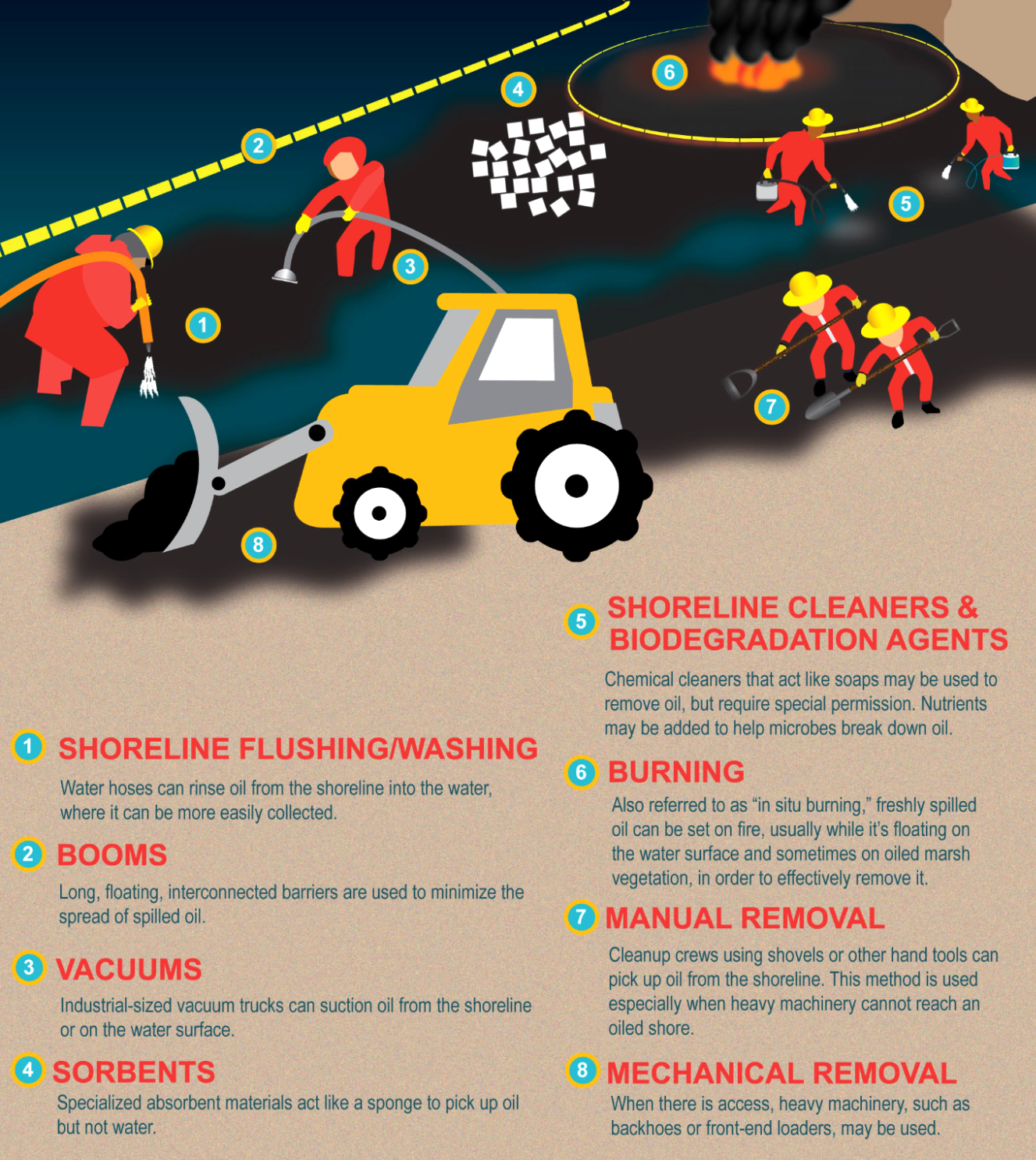Biodiversity & Environment
Super-Hydrophobic Cotton Composite for Oil Spills
- 22 Sep 2021
- 4 min read
Why in News
Recently, the Indian Institute of Technology (IIT), Guwahati, has developed a super-hydrophobic cotton composite with Metal-Organic Framework (MOF) that can clean-up marine oil-spill.
- Earlier, a study confirmed that Stimulating Bacteria (Bioremediation) with nutrients in the cold seawaters of the Canadian Arctic can help decompose diesel and Other Petroleum Oil after Oil Spills.
Key Points
- About:
- It is a novel MOF composite, which is a highly porous and water-repellent material and can absorb oil selectively from an oil-water mixture.
- MOF are crystalline porous solids composed of a three-dimensional (3D) network of metal ions held in place by multidentate organic molecules suitable for solid-phase extraction.
- This MOF composite has great capability for selective separation of the oils from oil/water mixtures and the separation efficiency lies between 95% and 98%, irrespective of the chemical composition and density of the oils.
- It can also absorb large volumes of oils and can be reused for a minimum of 10 times so that the sorbents can provide more recovery of the spilled oil. Both heavy and light oils can be effectively absorbed by the material, which is easy to prepare, cost-effective and recyclable.
- It is a novel MOF composite, which is a highly porous and water-repellent material and can absorb oil selectively from an oil-water mixture.
- Significance:
- It will clean-up the spilled oil from environmental water (river, sea or ocean water) during oil transportation with high efficiency and large absorption capacity, thus reducing environmental water pollution.
- It is environmentally friendly and cost effective. Such low-cost material will reduce the production cost of the material for large-scale synthesis for real applications, compared to currently available materials.
- Other Remedies for Oil Spills:
Oil Spills
- About:
- It refers to any uncontrolled release of crude oil, gasoline, fuels, or other oil by-products into the environment. It can pollute land, air, or water, though it is mostly used for oceanic oil spills.
- The severe water contamination threatens the health of humans as well as other living species.
- It has become a major environmental and economic problem, chiefly as a result of intensified petroleum exploration and production on continental shelves and the transport of large amounts of oils in vessels.
- Major oil spills are frequently followed by the immediate suspension of commercial fishing and also affect tourism and commerce through sea routes.
- Oil spills that happen in rivers, bays and the ocean most often are caused by accidents involving tankers, barges, pipelines, refineries, drilling rigs and storage facilities, but also occur from recreational boats and natural disasters.
- Related Laws in India:
- Presently, there is no law covering oil spill as such and its consequential environmental damage in India but India has “the National Oil Spill Disaster Contingency Plan of 1996 (NOS-DCP)” to handle such situations.
- It gives the Indian Coast Guard the mandate to coordinate with state departments, ministries, port authorities and environmental agencies to assist in oil spill cleaning operations.
- In 2015 India ratified the International Convention on Civil Liability for Bunker Oil Pollution Damage, 2001 (Bunker Convention). Convention ensures adequate, prompt and effective compensation for damage caused by oil spills.
- It was administered by the International Maritime Organization (IMO).
- Presently, there is no law covering oil spill as such and its consequential environmental damage in India but India has “the National Oil Spill Disaster Contingency Plan of 1996 (NOS-DCP)” to handle such situations.







